Contexts
(Re)colonizing Tradition
A Pedestrian Guide to a "Traditional" City
Welcome to Bhaktapur
[1] The Tea Stall at Guhepukhu
[2] Nava Durga Chitra Mandir
[3] Khauma Square
[4] Tourist Motor Park
[5] Indrani Pitha
[6]Lasku Dhwakha Gate
[7]Char Dham
[8]Cafe de Temple
[9]Batsala Temple
[10] Batsala Temple
[11] City Hall
[12] The Procession Route
[13] Pujari Math
[14] The Peacock Restaurant
[15] Sewage Collection Ponds
[16] Bhairavanath Temple
|
Dialexis
To trace the impact of the destabilization caused by Bhaktapurıs lived world on my writing, I propose the method of dialexis: a dialogue not just at the level of conceptual content, but a discussion at the level of style (lexis). In Rhetoric, Aristotle defines lexis as correctness, clarity, propriety, and ornamentation (cf. chs. 212). In a Preface to Plato, Eric Havelock describes lexis as the "verbal medium" or "technique of verbal communication" that "covers the entire verbal apparatus, rhythmic and imagistic, at the poetıs disposal" (1963, 20). Lexis is not the content (logoi) but "the mediumı by which the content is communicated" (1963, 202) . In "Rhetoric of the Image," Roland Barthes describes different cultural texts as "lexia" (1972). One "lexia," for example, the Panzani pasta advertisement that Barthes interprets, can mobilize a number of different "lexicons," a portion of the symbolic plane that corresponds to a body of practices and techniques. According to Barthes, each image (or lexia) can therefore correspond to a body of attitudestourism, housekeeping, knowledge of art, irony. I am using the term lexis to stand not just for the content of discourse, but for its style of semiosis. Accordingly, dialexis is a dialogue not just of "meaning," but of the structures, models, and conventions by which social reality is produced.
  
|
Maps
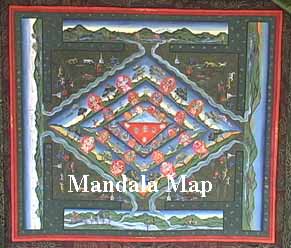
Mandala Map
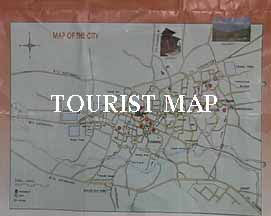
Tourist Map

Government
Map
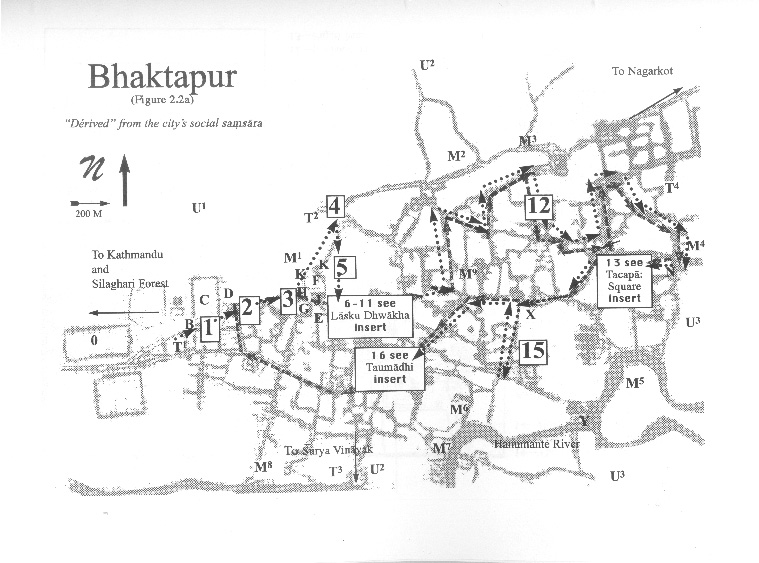
Pedestrian
Tour Map
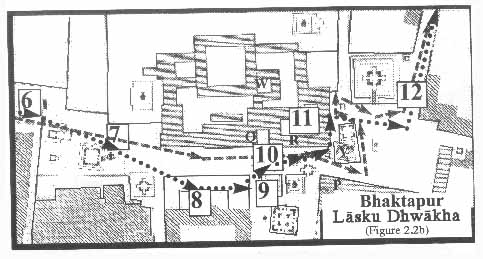
Bhaktapur
Durbar Square
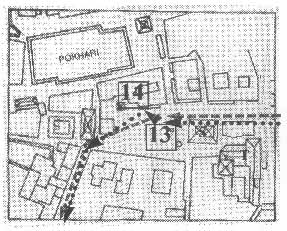
Tacapa Map
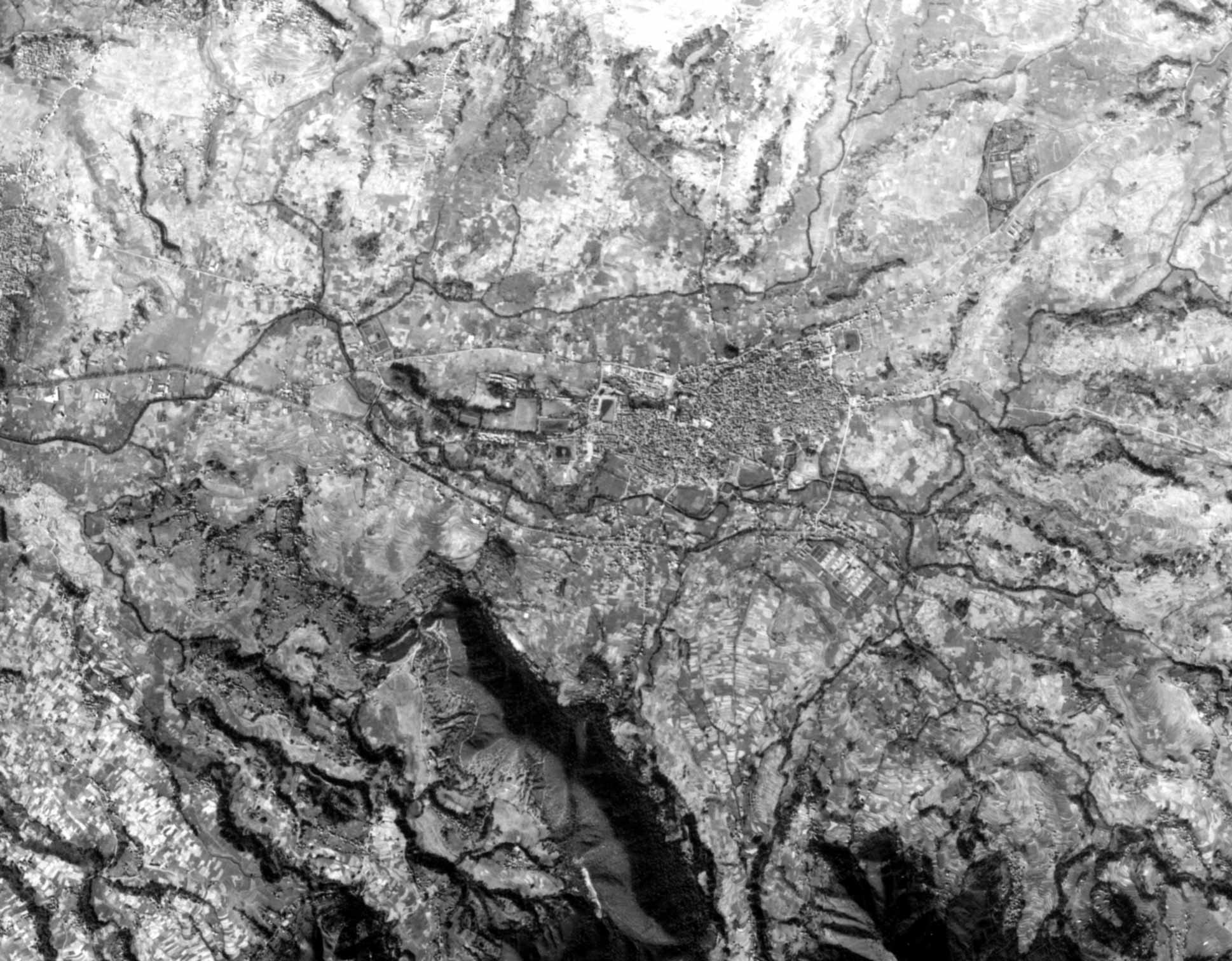
Satellite
Photograph
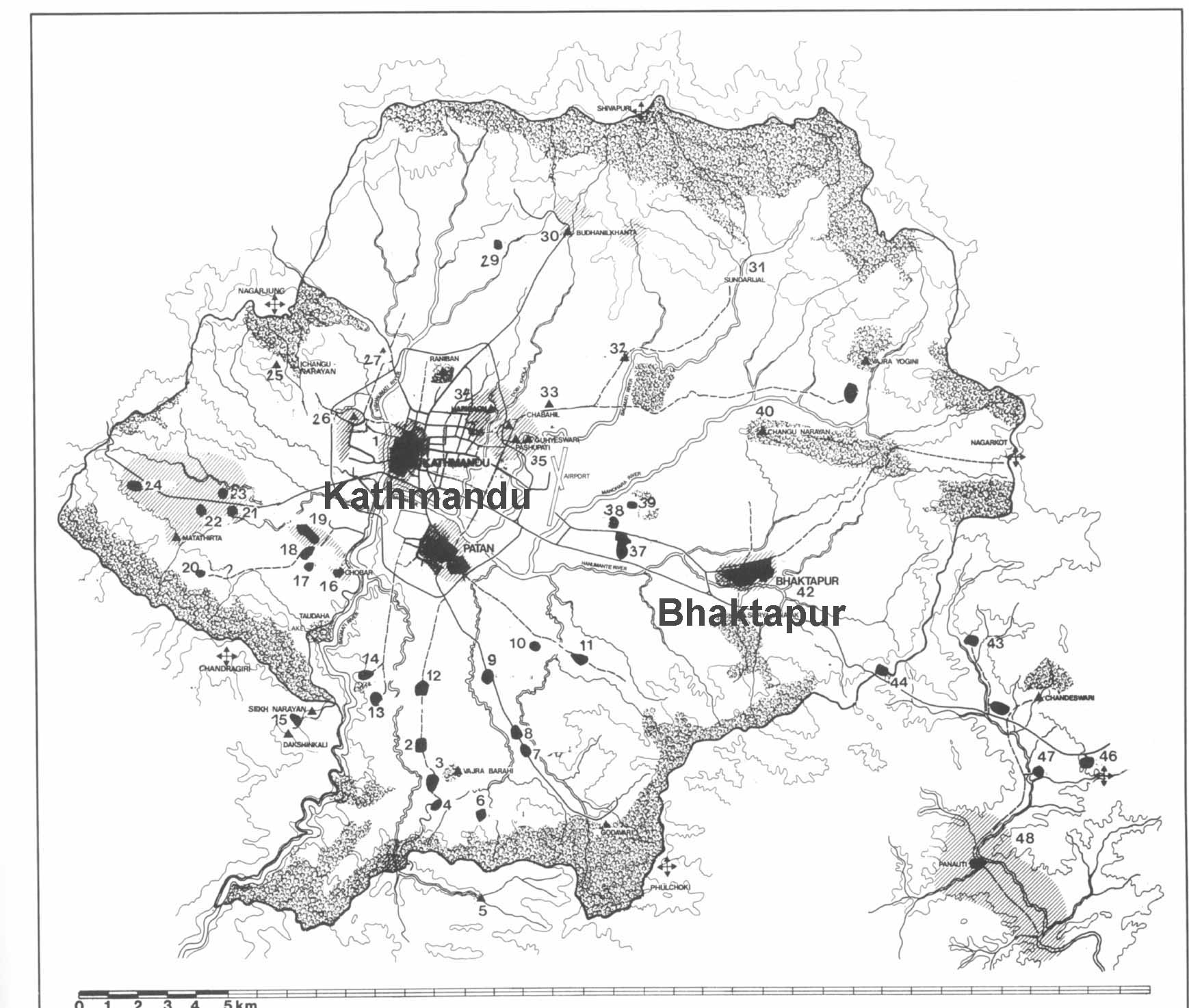
Kathmandu
Valley
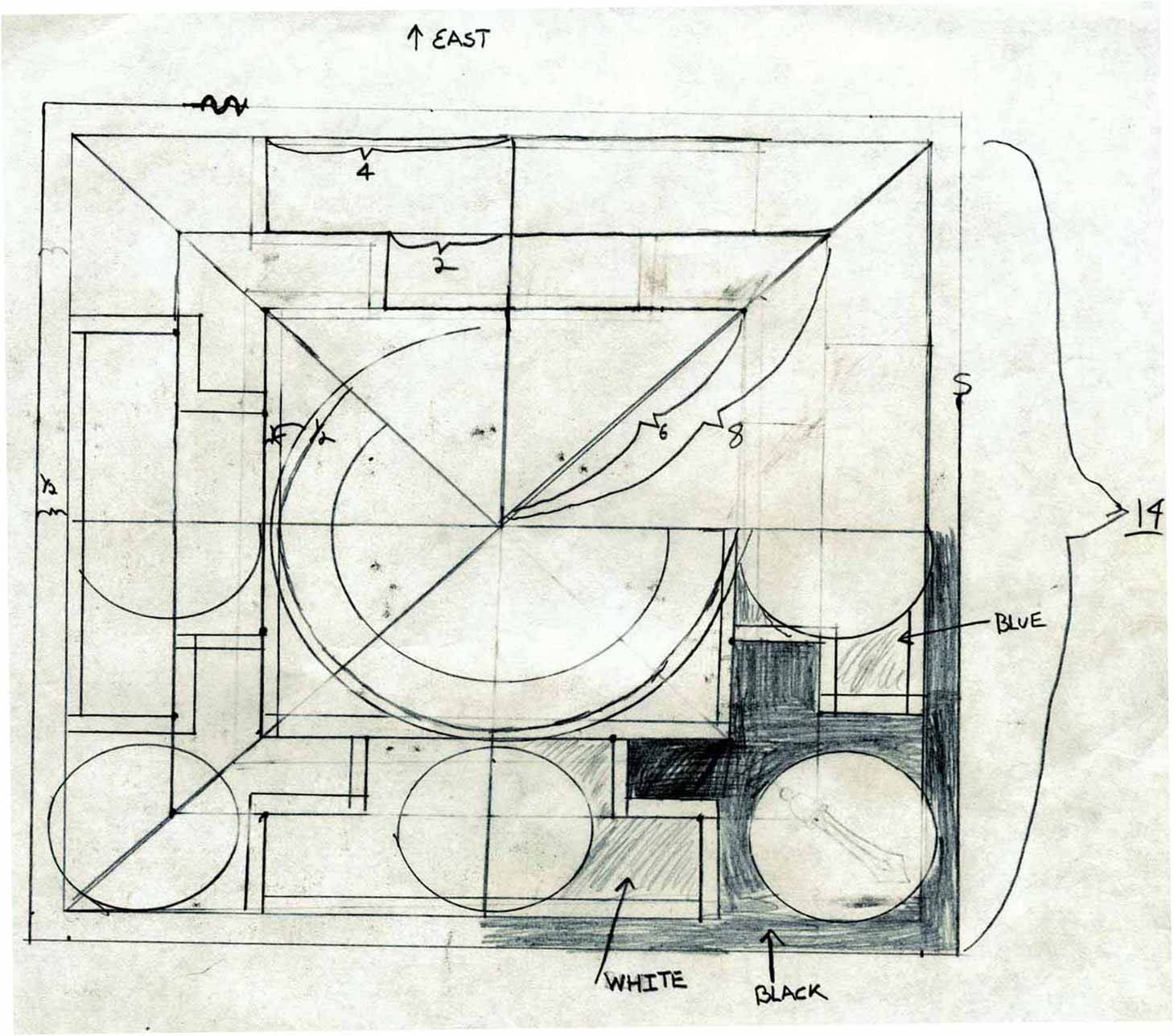
Goddesses
|